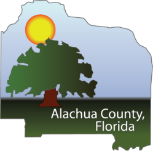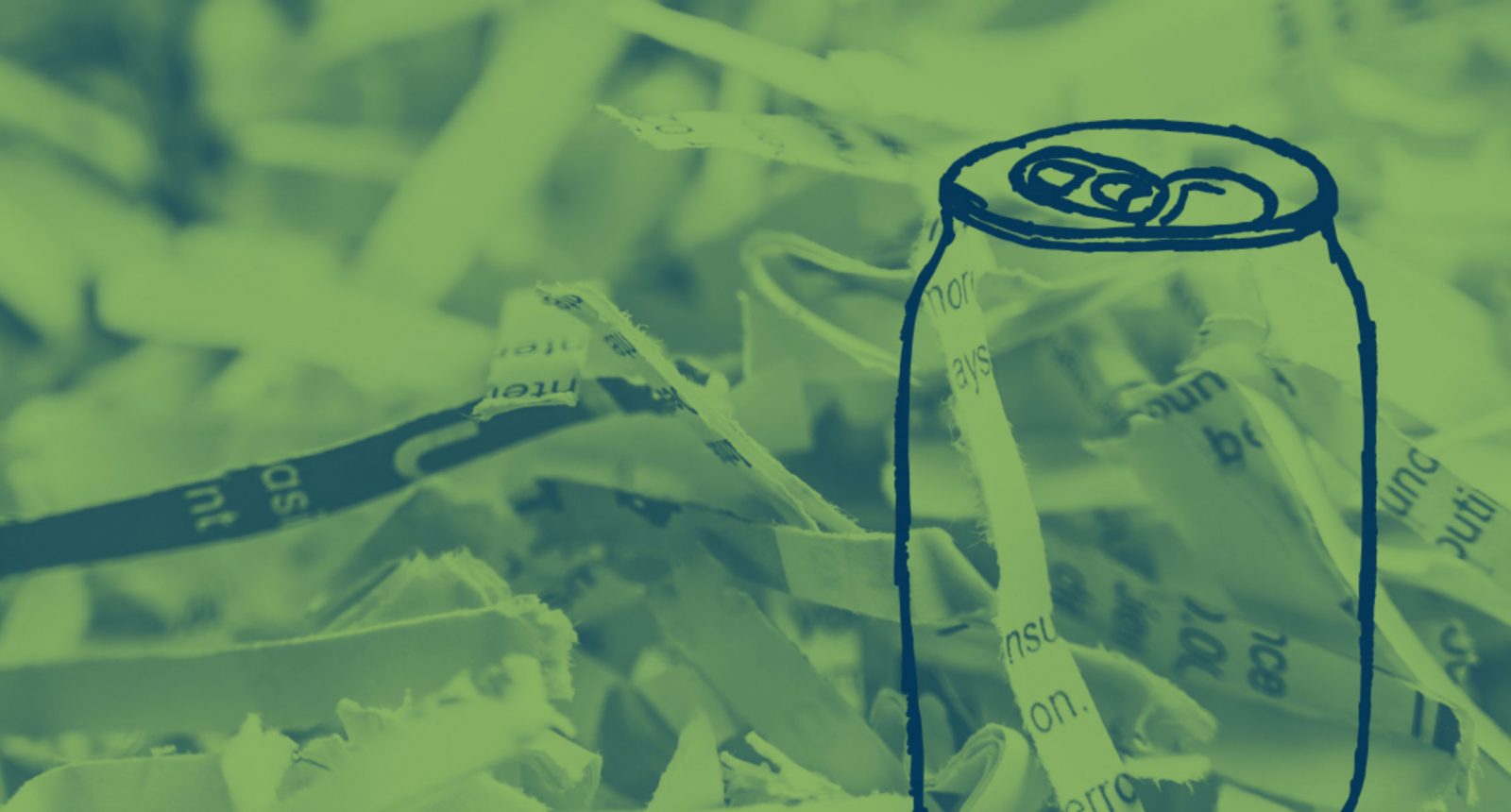
Hazardous Waste: How Can I Safely Dispose Of It?
Why is hazardous waste a threat?
Hazardous waste can harm the environment and the public if it’s not disposed of properly. If these toxic, flammable and explosive materials are not brought to the Hazardous Waste Collection Center (HWCC), people could be harmed and public health could suffer.
However, if hazardous waste is brought to the correct facility, we can recycle it, neutralize it or send it to a hazardous waste incinerator to be properly disposed of.
What can go to the Alachua County Hazardous Waste Collection Center?
With your help, we can continue processing 400 tons of hazardous waste each year. Hopefully more!
So before you toss an item, please check whether it should be brought to the HWCC first. Help protect our environment and each other by taking advantage of this free countywide service provided to Alachua County residents.
- Medicines
- Poisons and Pesticides
- Paint thinners
- Radiator fluid
- Used oil/lubricants
- Oil filters
- Pool chemicals
- Solvents
- Insecticides
- Gasoline/fuels
- Fluorescent lamps & CFL light bulbs
- Electronics
- Sharps (syringes, needles and lancets)
- Thermostats and thermometers
- Used cooking oil
- Computers
- TVs
- Paints
- Batteries, all types
- Fertilizers
- Household cleaners
- Corrosives
- Propane tanks
- Pharmaceuticals
- Aerosol cans
- Roof tar
- Brake and transmission fluids
- Flares and ammunition
- Microwaves
Don’t forget to bring E-Scrap to the Hazardous Waste Collection Center
- Cellular Phones
- Computer Desktop Towers
- Computer Monitors
- Computer Peripherals (keyboard, mouse, etc.)
- Computer Printers and Scanners
- Game Systems
- Laptop Computers
- Microwaves
- Power Tools
- Stereo Components
- Tape Recorders
- Telephones
- Televisions
- VCR/DVD Players
Why is e-scrap a concern? And how can you help?
New advances in technology are happening rapidly and consumers are constantly upgrading to new equipment and discarding old products.
Hazardous materials associated with e-scrap include a variety of heavy metals and other substances known to pose hazards to human and environmental health when disposed of improperly. For example, computer and television monitors containing cathode ray tubes contain high amounts of lead. Other potentially hazardous materials include cadmium, mercury, antimony and arsenic.
E-scrap also contains materials that should be recovered and recycled. The e-scrap received from both residents and businesses is collected and prepared for pick up by the County’s recyclers. Their state-of-the-art recycling equipment shreds and separates electronics into their original materials of plastics, steel, aluminum, precious metals from the motherboards, and glass from the monitors. These materials are made into other products. The secure, environmentally friendly methods are free for residents and require only a small fee from businesses.
Household hazardous waste can be brought to Rural Collection Centers (RCCs)
The RCCs are rural, regional facilities for the collection of recyclables, solid waste, yard waste, bulk items, and household hazardous waste, which include:
- Oil filters
- Fluorescent lamps
- Rechargeable batteries and vehicle/boat batteries
- Computer equipment
- Electronics
- Up to five gallons of waste oil and old paint per day are accepted.
These facilities are for residential use only. There is a limit of one visit per day. The load limit is one level truck bed per day of any combination of bagged household garbage, yard waste, or any other accepted item. For more information, visit our blog on RCCs.
Leveda Brown Environmental Park and Transfer Station
If you are over your load limit for the RCCs, or if you have a prohibited item (such as a tire), visit the Transfer
Station. Here, you can dispose of appliances, tires, garbage, and yard waste for a processing fee. While you are visiting the Leveda Brown Environmental Park, you can also pick up some mulch for your yard. Mulch is available free of charge – just bring a truck or container to haul the load!
What happens to the hazardous waste?
The vast majority of collected waste is recycled (such as latex paint, oil, e-scrap and batteries). The waste that cannot be recycled is either neutralized or sent to a hazardous waste incinerator for proper disposal. Below are some of our featured disposal programs and how we’re able to process and recycle certain hazardous waste types.
Alachua County’s innovative hazardous waste disposal programs
Home Heating Oil Recovery Program
Property owners who have an old underground or aboveground heating oil tank that is no longer in use and still contains old fuel, are eligible to have the fuel pumped and disposed of in an environmentally safe manner. This is a free service to county homeowners.
Boat Fuel Tank Pump Out Service
Boat owners with stale or contaminated fuel in their tanks can trailer their boat to the HWCC during normal hours of operation to have their fuel pumped out free of charge.
Unwanted Medicines
Alachua County residents can bring in their unwanted/expired prescription or over-the- counter medication for proper disposal free of charge. Please NEVER dispose of unwanted medicines down the toilet or down the drain. Wastewater treatment systems are not designed to remove these compounds and they can pose a threat to human health and the environment. Medicines brought to the HWCC are dissolved on-site and rendered irrecoverable.
Waste Vegetable Oil (WVO) Recycling Program
Waste vegetable oil turned in by county residents gets transformed on-site into biodiesel – a resource which generates power for the HWCC. This process decreases costs of fossil fuels and water treatment and in turn increases the sustainability of Alachua County.
For a complete list of accepted items, please call the HWCC at
352-334-0440 or visit AlachuaCountyRecylces.com
Alachua County Hazardous Waste Collection Center (HWCC)
5125 NE 63rd Ave
Gainesville, FL 32609
Hours of Operation:
Monday-Friday
7:00 am – 5:00 pm
Saturday
8:00 am – 12:00 pm
Closed Sundays and holidays

